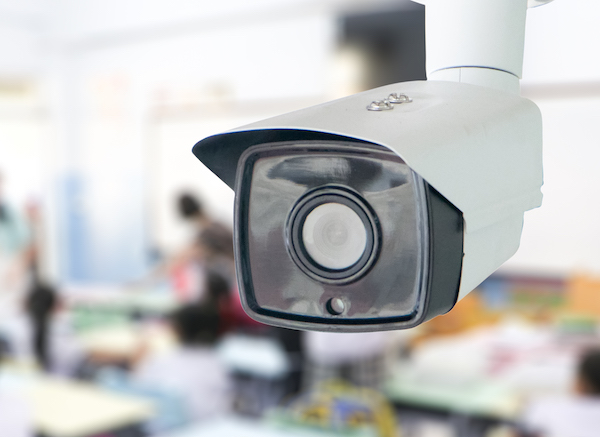A coalition of over 40 civil rights organizations has sent a letter to the U.S. Department of Education, warning about the dangers of increased surveillance technology in K12 schools. The coalition believes that such actions could lead to a dangerous escalation in the school-to-prison pipeline and the criminalization of marginalized youth, particularly Black, Brown, and Indigenous students.
The letter argues that surveillance technologies can result in greater police presence, increased police contact with students, exclusionary discipline, and school pushout. To address this issue, the coalition is urging the Department of Education to ban federal funds from being used for purchasing surveillance equipment that utilizes artificial intelligence.
In addition to these recommendations, the coalition has also provided six other ways to protect marginalized communities from technology-enabled rights abuses. These include divesting discretionary agency funding from police surveillance hardware and conducting algorithmic impact audits to ensure compliance with legal regulations related to AI and big data technologies. The coalition also recommends studying the risks associated with surveillance tools in public schools and involving youth and young adults in AI data privacy governance.
While some states have taken steps to address this issue, the coalition believes that more needs to be done at a national level. They emphasize the need for immediate action to prevent public schools from becoming spaces of increased surveillance and potential harm to students.
The letter states that “surveillance technologies are increasingly being used in our schools as a way of controlling behavior and maintaining order.” However, this approach can have negative consequences on students’ academic progress and overall well-being.
The coalition argues that “the use of technology for monitoring purposes can lead to stigmatization and discrimination against certain groups of students,” particularly those who belong to marginalized communities.
Therefore, it is essential for policymakers and educators alike to recognize the dangers posed by surveillance technology in K12 schools and take steps to mitigate them before they cause irreparable damage.
In conclusion, it is crucial for us all to work together towards creating safer learning environments for our children by advocating for policies that promote transparency, accountability, and respect for student privacy rights.
